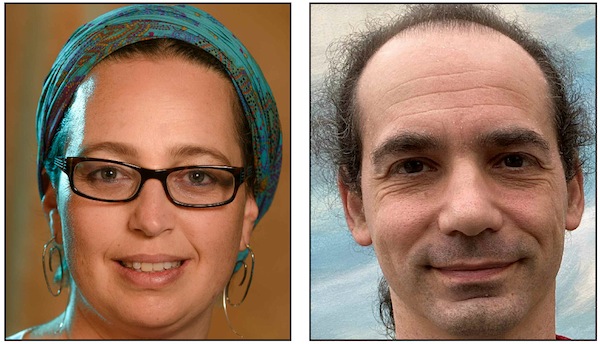The sale by George Soros of a (comparatively) modest holding in Elon Musk’s Tesla car company seems to have sent Musk into a Twitter tirade last week.
“He wants to erode the very fabric of civilization,” Musk tweeted in a reckles overreaction. “Soros hates humanity.”
The context of the smear is worth a moment of consideration. A man who sinks a chunk of his estimated $185 billion US pile into a space flight hobby says that a man who has donated (at a minimum) $32 billion US into building civil society in the former Soviet bloc and other countries “hates humanity.”
Beyond this context is a whole lot of subtext.
There is nothing essentially wrong with a public figure criticizing another public figure. If the target feels he has been libeled, there are legal recourses available. That’s not really the issue here.
As one of the world’s foremost funders of liberal causes, Soros draws criticism from plenty of people who don’t agree with his politics. Fair enough. But “Soros” has become a shorthand. Generations of people have used the name “Rothschild” to invoke a conspiracy of Jewish wealth and power. “Soros” is a 21st-century update of that conspiracy.
This is a bit dicey. It is fair to criticize someone who dumps billions of dollars into causes you disagree with. If the person happens to be Jewish, that doesn’t make you antisemitic. If you use that person’s name as a stand-in for a complex of ideas about Jews more generally manipulating events with wealth and the manipulative force that can come with it, that is antisemitic. But, of course, getting into the head of a suspected bigot is impossible. One person can accuse another of racism, the accused can deny it and neither is any further ahead. Sometimes the accused may not even be conscious of what they have done.
But Musk tipped his hand. He launched his outburst with: “Soros reminds me of Magneto.”
Magneto is a villain in the Marvel Comics franchise X-Men. Like Soros, Magneto is a Jewish survivor of the Holocaust.
The idea that Soros “hates humanity” is an especially laden accusation. It seems like a peculiar assertion – unless one is familiar with centuries of slander against Jewish people, which has posited that Jews are the embodiment of Satan, the enemy of all things good. In Christian theology, including official Catholic doctrine until the mid-1960s, Jews were accused of deicide, of literal God-killing, of destroying what is most sacred to humanity. To accuse a Jew in 2023 of hating humanity – and all that implies in the context of funding social change movements – is to invoke (intentionally or not) millennia of deadly ideas about Jewish evil-doing. To also invoke a (Jewish) cartoon villain in the process makes Musk’s playing to pervasive tropes about Soros, money, Jews and power seem more deliberate.
This is what is so confounding about racism and bigotry in general, and antisemitism in particular: it so often manifests not as outright intolerance and hatred but as unconscious or barely conscious bias that motivates our beliefs and actions without us knowing it. In some ways, this is the more frightening prospect. It is easy to identify and condemn the most overt acts of racism or hatred. Parsing and reproving harmful, unconscious ideas is much more challenging.
We are not all in a position (thankfully!) to have our Tweets or other late-night brainwaves analyzed by millions. Musk hosts a powerful platform and his speech can move financial markets and mobilize followers. Ideally, he may take time to reflect on whether he carries unconscious biases that need examining.
For us, there are at least two lessons. First, we are reminded that confronting antisemitism is not as easy as condemning those who exhibit the most obvious signs. Second, while we are critical of one of the most prominent people in the world letting slip what appear to be deep-seated conspiratorial ideas that project onto a single individual a host of negative characteristics attributed to the group to which he belongs, we would do well to consider how we use the platforms we each have in our daily lives in the service of justice, anti-racism and truth.


